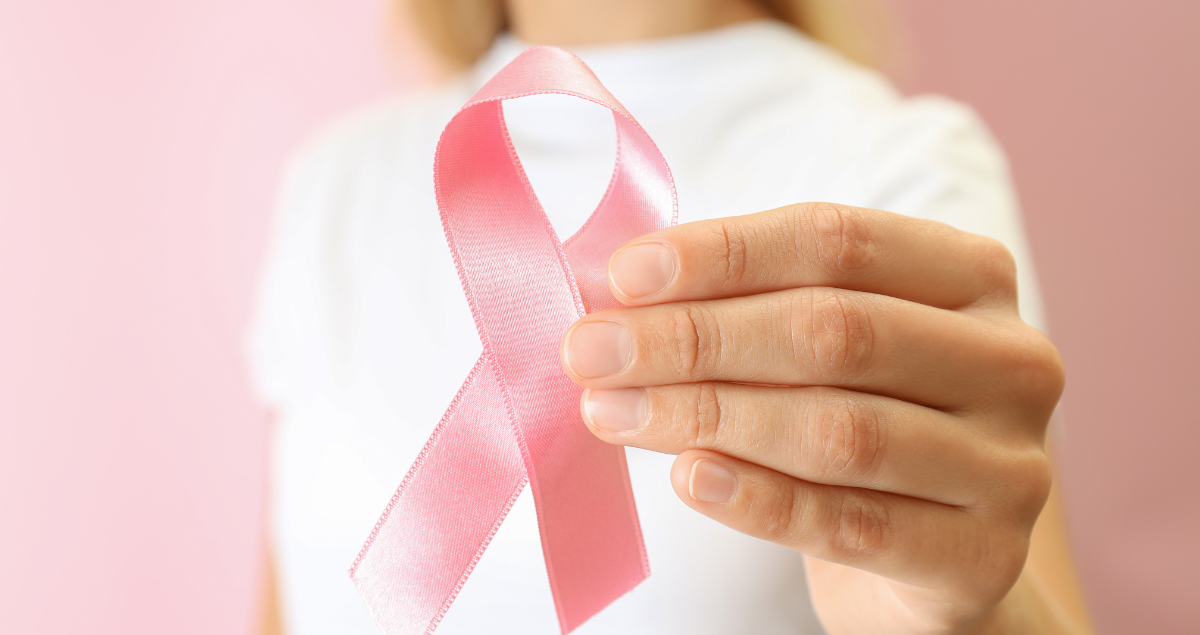Most people know or love someone who has been affected by breast cancer. Thankfully, breast cancer screenings can save lives by identifying the first signs while it is still manageable.
While getting a cancer screening can feel scary, especially when you don’t know what to expect, it is a valuable tool that allows you to take control of your health and make informed decisions. Here’s what you need to know about breast cancer screenings, also known as mammograms.
Risk Factors for Breast Cancer
Breast cancer is a type of cancer that develops in the breasts and is the second-most diagnosed cancer (second only to melanoma, also known as skin cancer). Who is most at risk of developing breast cancer? According to Mayo Clinic, the following are risk factors:
- Being female
- Increasing age
- A personal history of breast conditions
- A personal history of breast cancer
- A family history with breast cancer
- Inherited genes that increase cancer risk
- Radiation exposure
- Obesity
- Beginning your period at a younger age
- Beginning menopause at an older age
- Having your first child at an older age
- Having never been pregnant
- Postmenopausal hormone therapy
- Drinking alcohol
If many of these risk factors apply to you, do not be alarmed. Breast cancer, as with other forms of cancer, is complex and caused by several factors interacting with each other. This includes your lifestyle, genetics and hormones. Some women with multiple risk factors never develop breast cancer, while others with virtually no risk factors still do.
Breast Cancer Screening Recommendations
To detect the signs of breast cancer as early as possible, the American Cancer Society recommends beginning breast cancer screenings at age – 45. Some individuals with certain risk factors may be advised to begin at age 40. Discuss how often to get a mammogram with your doctor – this can vary depending on your personal risk factors.
You do not need to wait for symptoms to appear before getting screened. In fact, these tests are designed to identify the warning signs before any symptoms appear. And if you ever notice a lump or change in your breast, schedule an appointment with your doctor to have the change examined immediately.
Most breast cancer screenings are available either at no cost or are covered by your insurance. If you’re unsure how to schedule a test, speak with your doctor or local health department for assistance. October is Breast Cancer Awareness Month, and many women use it as a reminder to schedule their annual or semi-annual screening.
Taking Care of Your Health
It is normal – and common – to feel some anxiety about getting a cancer screening. You may feel that learning information about your health makes a potential health problem become “real.” However, do not let this anxiety stop you from taking proactive measures to protect your health. Screening may detect cancer early, potentially saving your life by ensuring you receive treatment before you would detect symptoms.
In addition to keeping up with screenings, taking care of your overall health may help reduce your risk of breast cancer, according to the Mayo Clinic. This includes limiting alcohol intake, exercising regularly, maintaining a healthy weight and eating a healthy diet.
When it comes to getting a mammogram, it’s not just about checking a box. It can mean life-saving treatment through early detection for you or someone you love. Don’t wait – if you are due for one, schedule your breast cancer screening today.
Find a Primary Care Provider
Need to connect with a primary care provider? ACV Health offers comprehensive care in a convenient and familiar environment. At each appointment, you are welcomed with the warmth of a small doctor’s office while still receiving the scale of care available from a much larger facility. Our services range from primary and specialty care to rehabilitation and an on-site pharmacy.
Call today to schedule an appointment – our friendly providers would love to speak with you.
Note: This blog is not intended as medical advice. If you have questions about breast cancer or getting a breast cancer screening, please speak with your doctor.




